As a rabbi who ran an interfaith organization, I had the opportunity to build deep relationships in the Muslim-American community. And because of those relationships and my understanding of what Dr. Maher Hathout meant to that community, I mourn his passing. He and I had few one-on-one interactions but I can say without equivocation that when I was in his presence, his wisdom and integrity were palpable. There was something in him that I hope to embody in myself as a religious leader.
I say this knowing how polarizing he was to the Jewish community with his provocative statements about Israel. I want to be clear that my mourning ought not to be mistaken for agreement with his perspective. There were times when I felt myself triggered and upset by how he depicted the conflict. But limiting a discussion of him in the Jewish community to his politics on Israel does a grave injustice to the historical importance of this man.
I cannot overstate the role that Dr. Maher Hathout played in the American Muslim community. He was a founding father, a visionary who held a mirror up to his community and built a distinctly progressive American form of Islam shaped by and for our cultural context.
When navigating the interfaith world, I often make the claim that part of the tension between American Muslims and Jews emerges from a discrepancy in our communal infrastructures. Jews experience a void of Muslim voices in mainstream spaces in part because they do not have the robust array of organizations to represent their interests. While Muslim communities have existed in America for centuries, the major influx of Muslim immigrants from the Middle East and South Asia began in the middle of the 20th century. To put it more crassly, American Muslim organizations are about 80 to 100 years behind those of American Jews.
Dr. Maher Hathout was a leader in that early wave of Muslim immigrants to the United States who saw the American context as a blessing for Islam. His vision and leadership built those early institutions with purpose. “Home is not where you grandparents are buried but where your grandchildren will be raised,” he famously stated. And he was not afraid to be a voice of self-critique in his own community. His progressive, egalitarian values invited questioning, marginalized extremism, and raised an entire generation of thoughtful leaders. The fact that so many of today’s rising Muslim leaders in the mainstream are his disciples is no coincidence.
To translate his significance to the Jewish context, his passing would be like the death of our early Reformers – Isaac Mayer Wise and David Einhorn. These giants of Reform Judaism defined what it meant to be Jewish and American simultaneously without apology or compromise. That is who Dr. Hathout was for so many of my Muslim friends who mourn him.
In the wake of the terrible terrorist attacks in Paris, I miss his voice. He would have been unequivocal in condemnation to reclaim Islam for the center. I am grateful that his legacy was influential enough to leave a new generation to step up and fill that role.
Rabbi Sarah Bassin serves as the assistant rabbi at Temple Emanuel of Beverly Hills. She also serves on the board of NewGround: A Muslim-Jewish Partnership for Change after her tenure at that organization as executive director








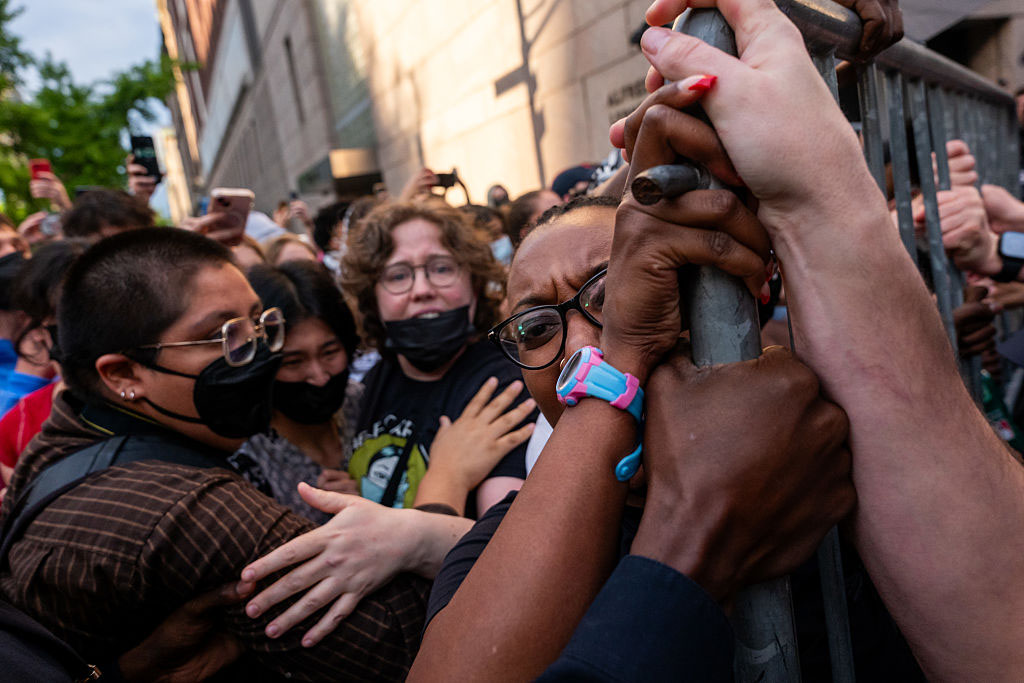
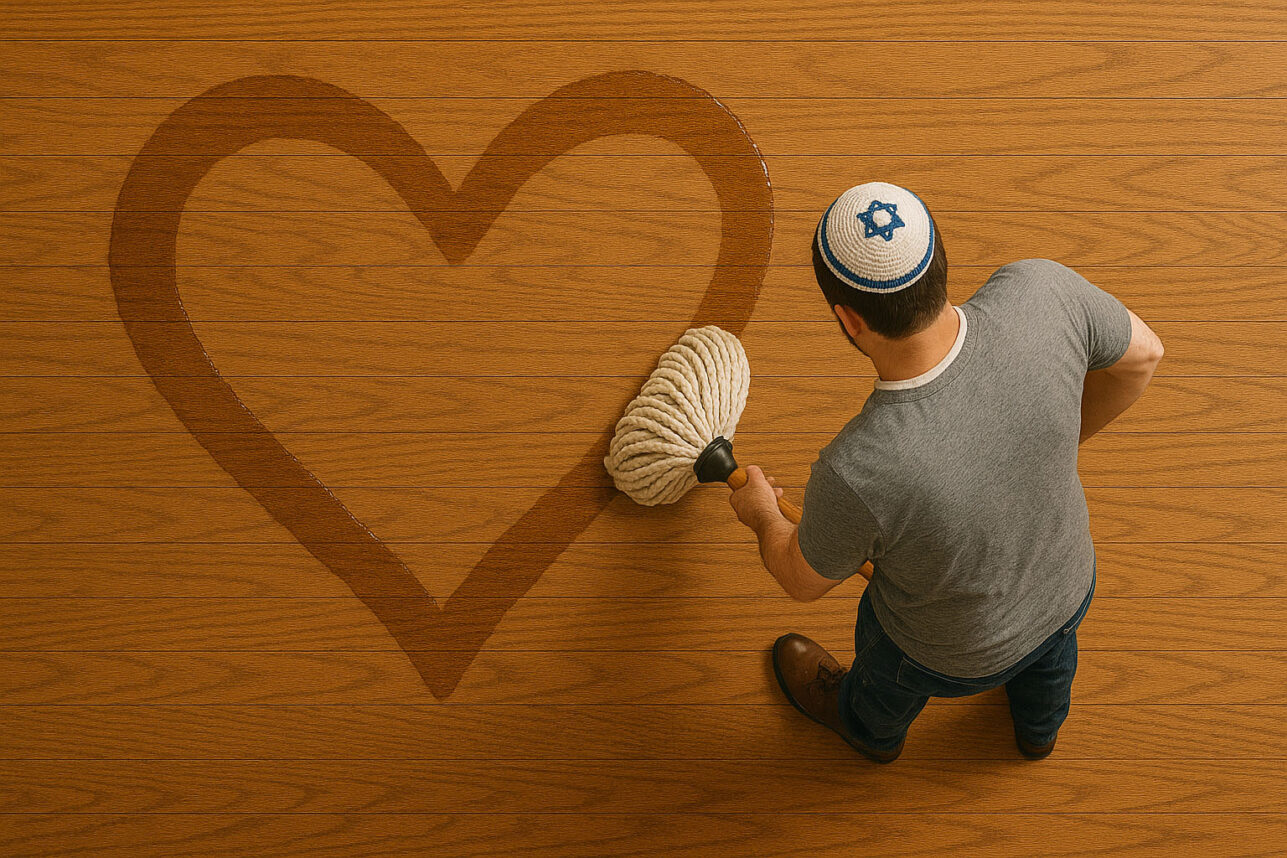
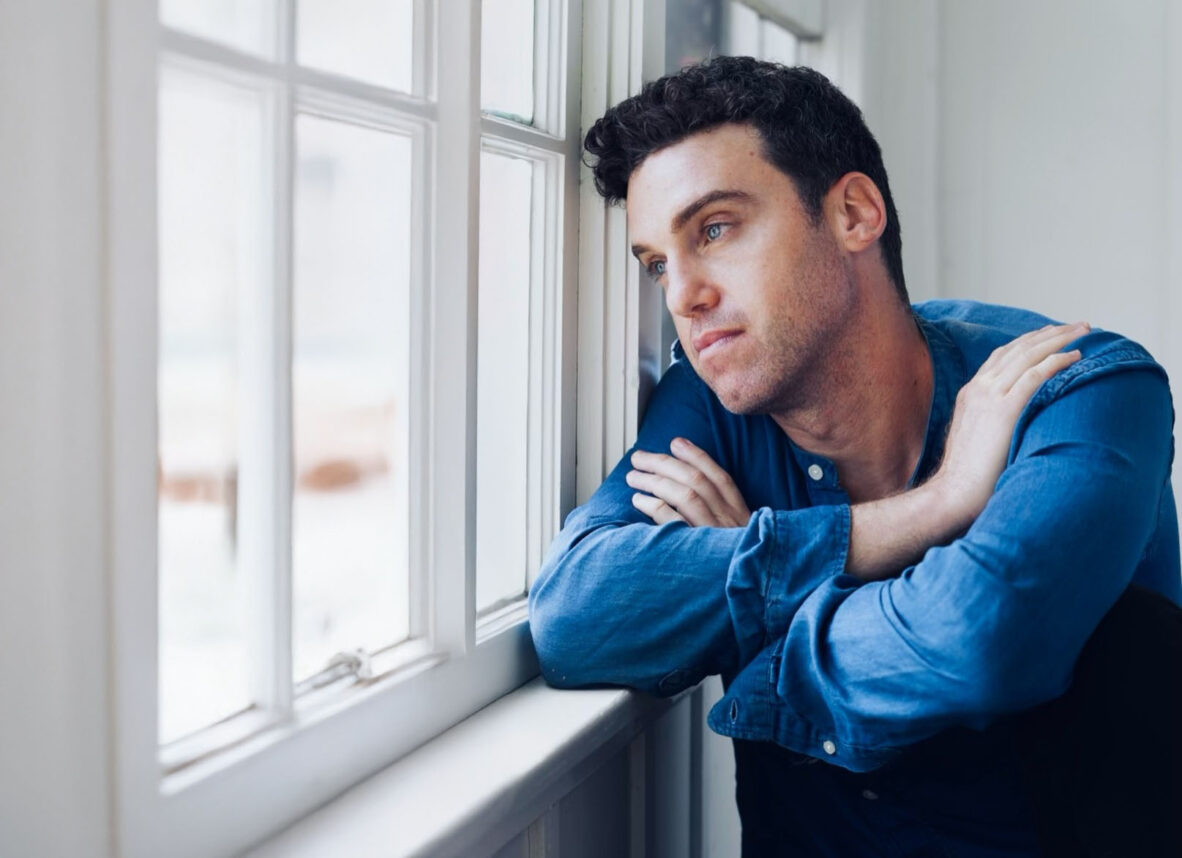
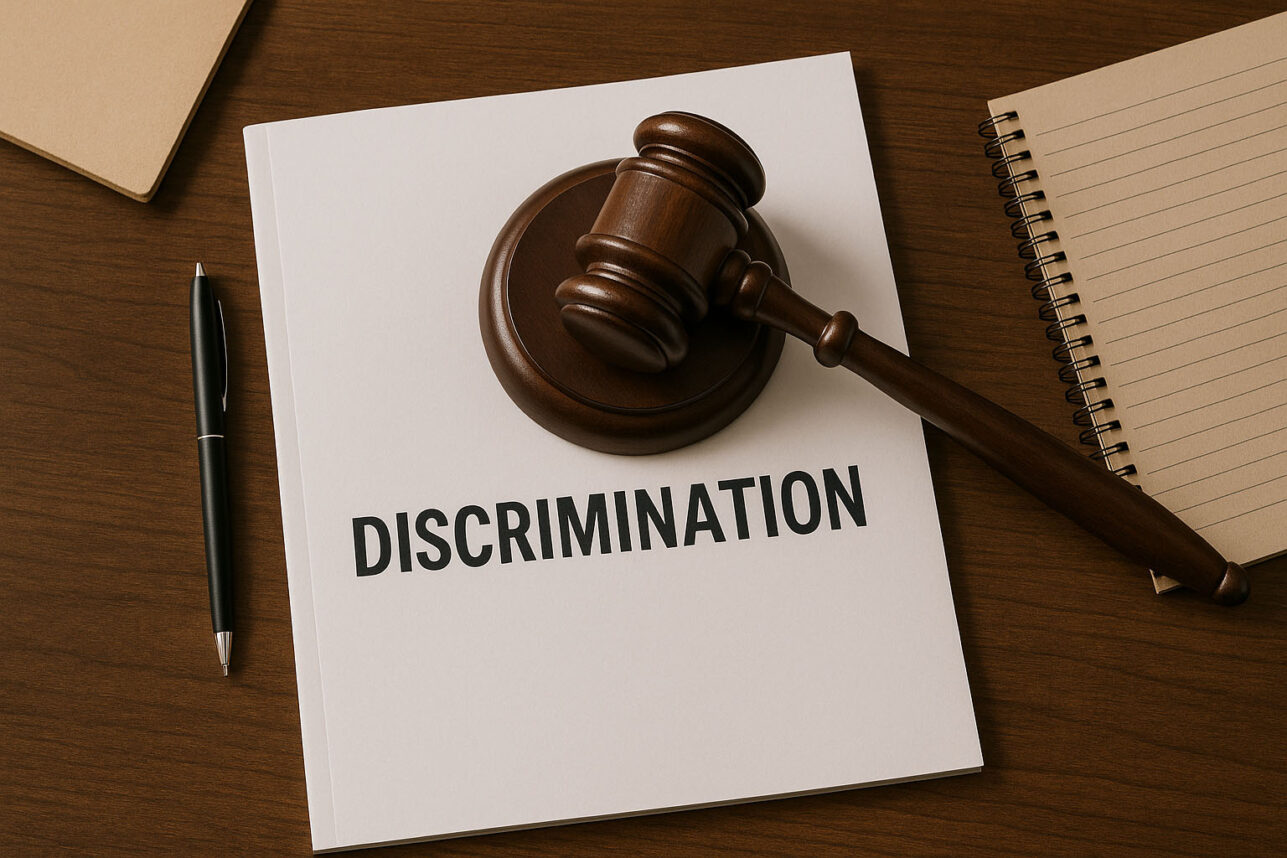


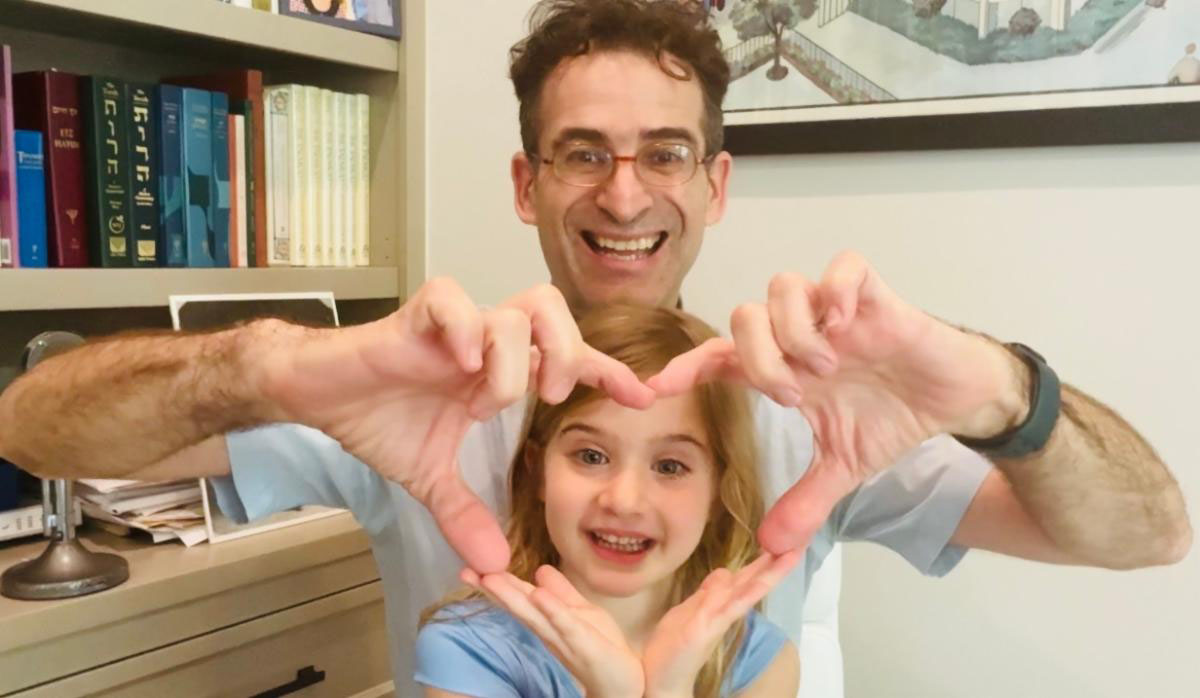
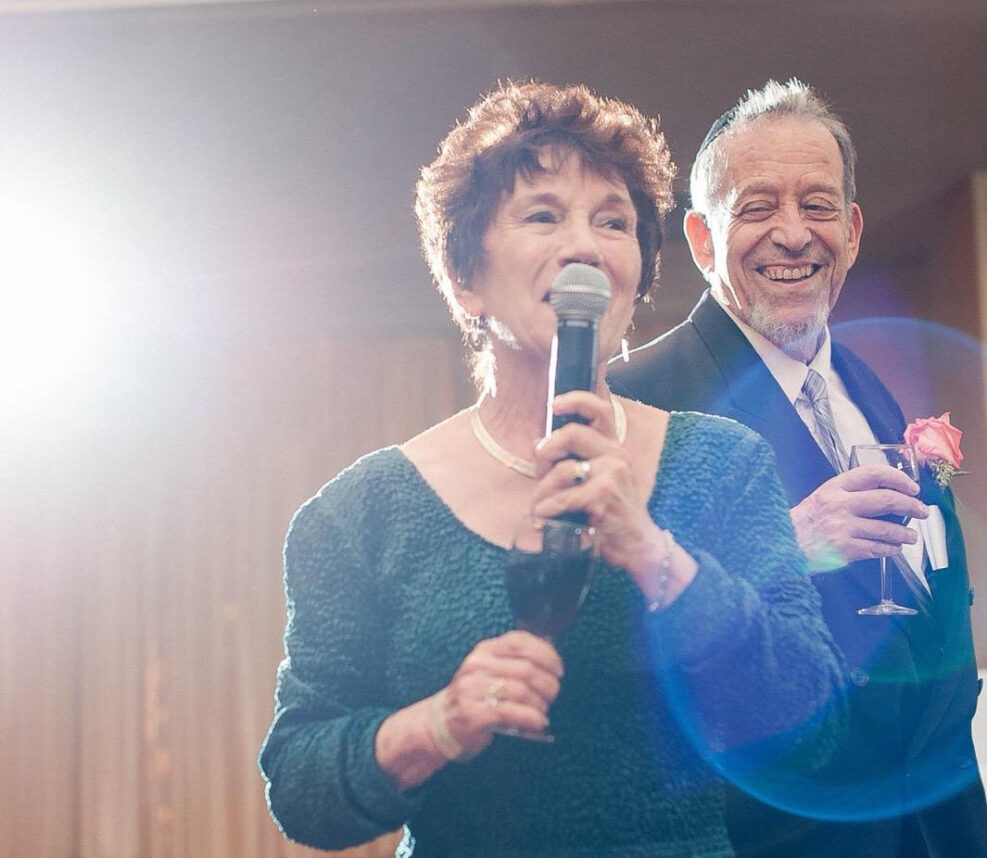
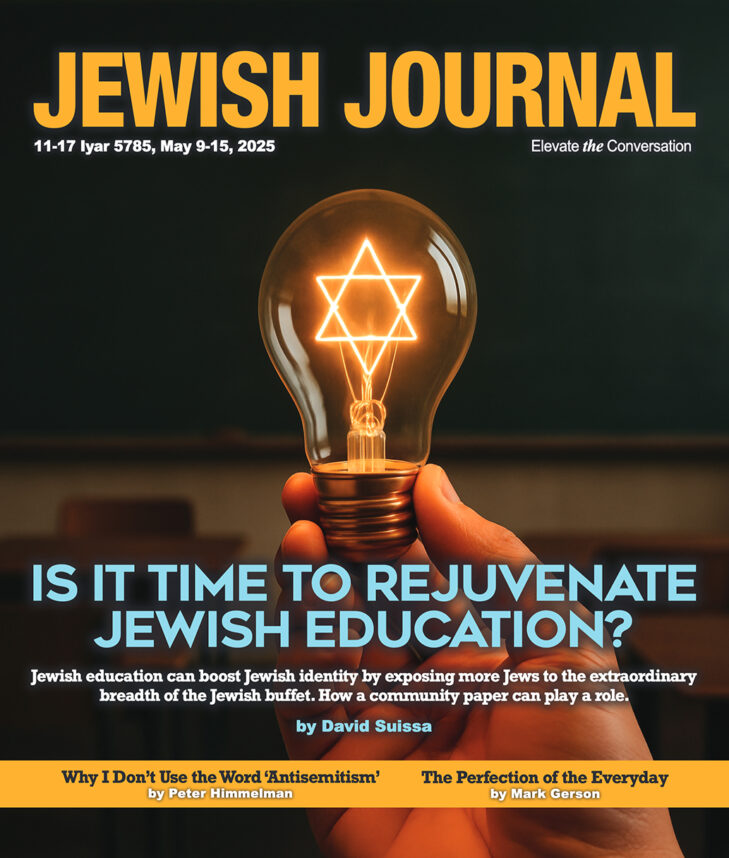



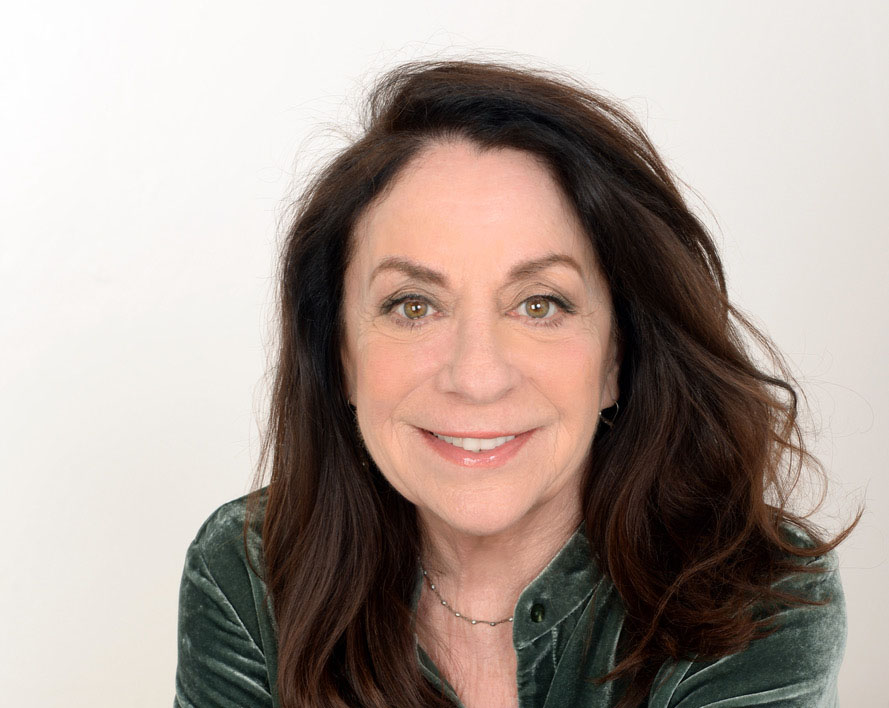


 More news and opinions than at a Shabbat dinner, right in your inbox.
More news and opinions than at a Shabbat dinner, right in your inbox.